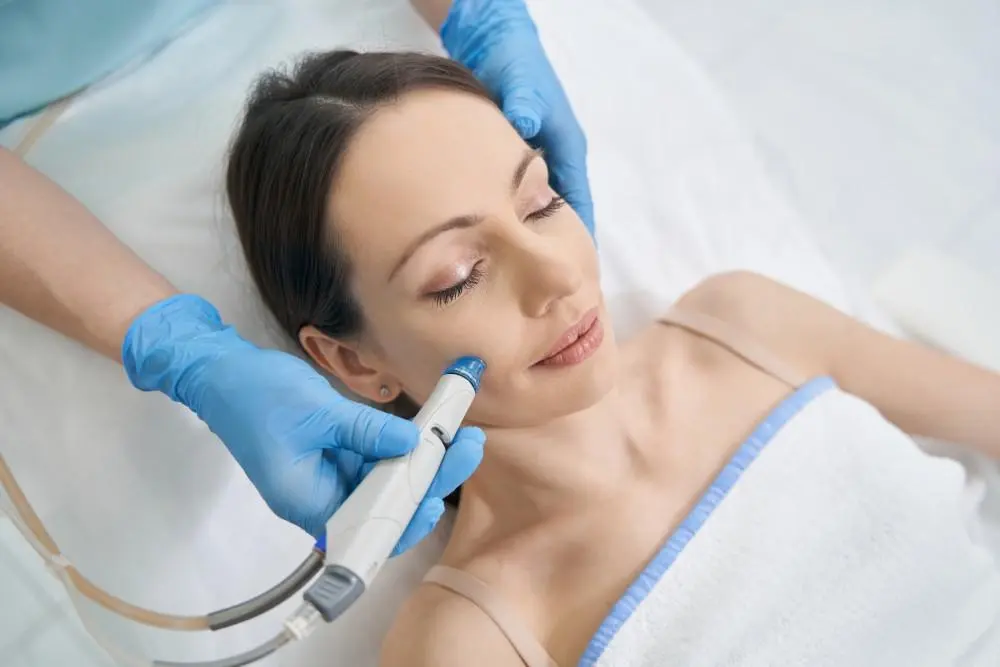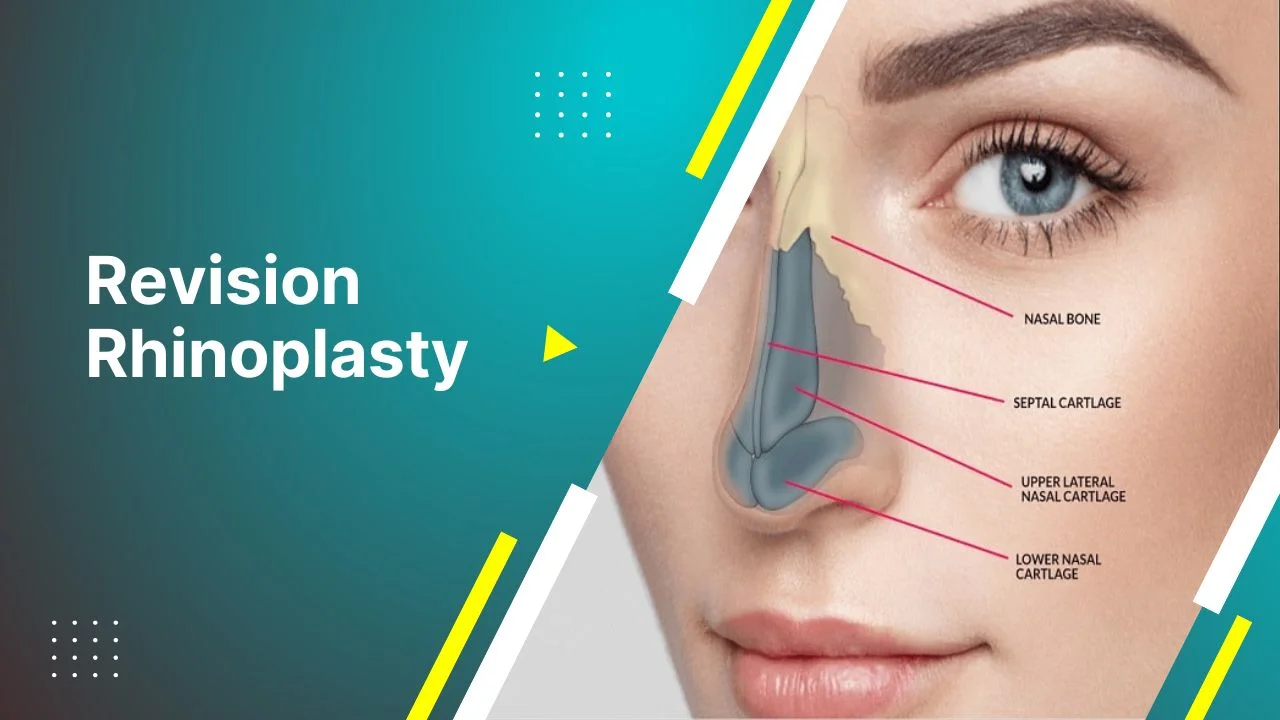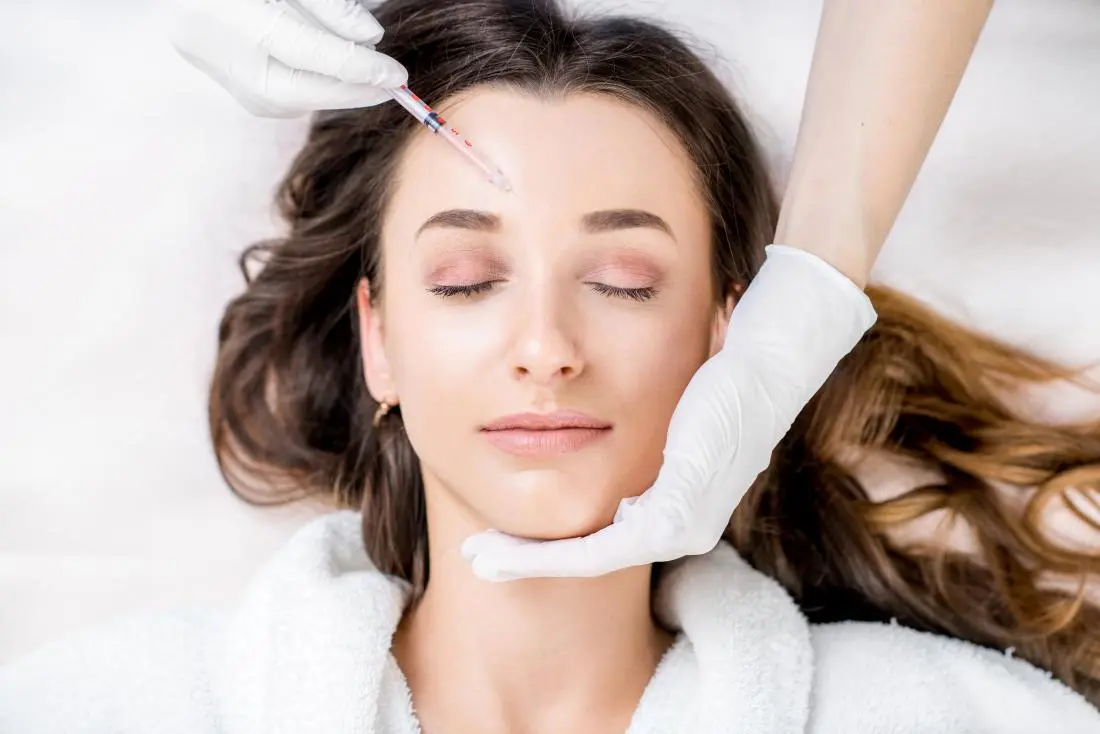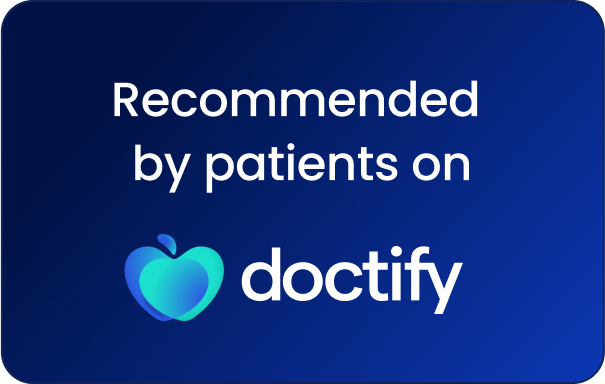In recent years, there has been a significant revolution in the field of aesthetic surgery, and one of the leading players in this transformation is laser technology. Lasers have introduced minimally invasive approaches, making surgical procedures faster, safer, and less painful. The use of lasers in aesthetic surgery spans a wide range of treatments, from skin rejuvenation and scar removal to fat reduction and wrinkle treatments. In this blog, we will explore how laser technology is utilized in aesthetic surgery and the advantages it offers.
Lasers work by using high-energy light waves to target and affect the deeper layers of skin with precision. This level of accuracy allows surgeons to perform more controlled and effective procedures. Moreover, lasers’ minimally invasive nature reduces recovery times, enabling patients to quickly return to their daily lives. These benefits have made laser-based treatments both more reliable and increasingly popular in the field of aesthetic surgery.
Let’s dive deeper into how laser technology has revolutionized aesthetic surgery and the unique advantages it brings to these procedures.
Applications of Laser Technology in Aesthetic Surgery
Laser technology has found diverse applications in aesthetic surgery, providing effective solutions for a range of cosmetic concerns. One of the most popular uses is in skin resurfacing, where lasers are employed to reduce wrinkles, fine lines, and sun damage by stimulating collagen production and encouraging skin regeneration. Lasers are also widely used for hair removal, offering a precise and long-lasting alternative to traditional methods like waxing or shaving. Additionally, laser treatments can help with tattoo removal, skin tightening, and treating vascular conditions such as spider veins or rosacea. In fat reduction, lasers can target and liquefy fat cells, offering a non-surgical option for body contouring. Finally, lasers are an essential tool in scar revision and acne treatment, helping to improve the texture and appearance of the skin. With their ability to target specific areas with minimal damage to surrounding tissues, lasers have become indispensable in modern aesthetic surgery, offering patients safer, more effective, and less invasive treatment options.
Advantages of Using Laser Technology
Laser technology offers numerous advantages in aesthetic surgery, making it an increasingly popular choice for both patients and surgeons. One of the primary benefits is its precision; lasers can target specific areas of the skin with minimal impact on surrounding tissues, reducing the risk of complications and enhancing the effectiveness of treatments. The minimally invasive nature of laser procedures leads to quicker recovery times, less postoperative pain, and a lower risk of infection compared to traditional surgical methods. Additionally, lasers stimulate collagen production, promoting skin rejuvenation and improving overall skin texture and tone. Many laser treatments also require little to no downtime, allowing patients to resume their daily activities much faster. With the ability to treat a wide variety of cosmetic concerns—such as acne scars, wrinkles, pigmentation issues, and unwanted hair—laser technology offers a versatile and highly customizable approach to aesthetic procedures. These advantages combine to make laser technology a safe, effective, and desirable option in the field of aesthetic surgery.
Important Considerations for Laser Treatments
While laser treatments offer numerous benefits, it’s essential for patients to carefully consider a few important factors before undergoing any procedure. First, choosing a skilled and experienced practitioner is crucial, as improper technique or inadequate knowledge of laser technology can lead to complications such as burns, scarring, or unsatisfactory results. It’s also important to ensure that the laser treatment is suitable for your specific skin type and condition, as certain lasers may not be effective or safe for all individuals. Patients should undergo a thorough consultation, during which their medical history, skin concerns, and goals are discussed to determine the best course of treatment. Additionally, laser treatments may require multiple sessions for optimal results, and results can vary based on individual factors like age, skin condition, and lifestyle. Finally, aftercare is vital to ensure proper healing and to minimize risks such as pigmentation changes or infections. Protecting the treated area from sun exposure and following post-treatment instructions are essential for achieving the best possible outcome.






